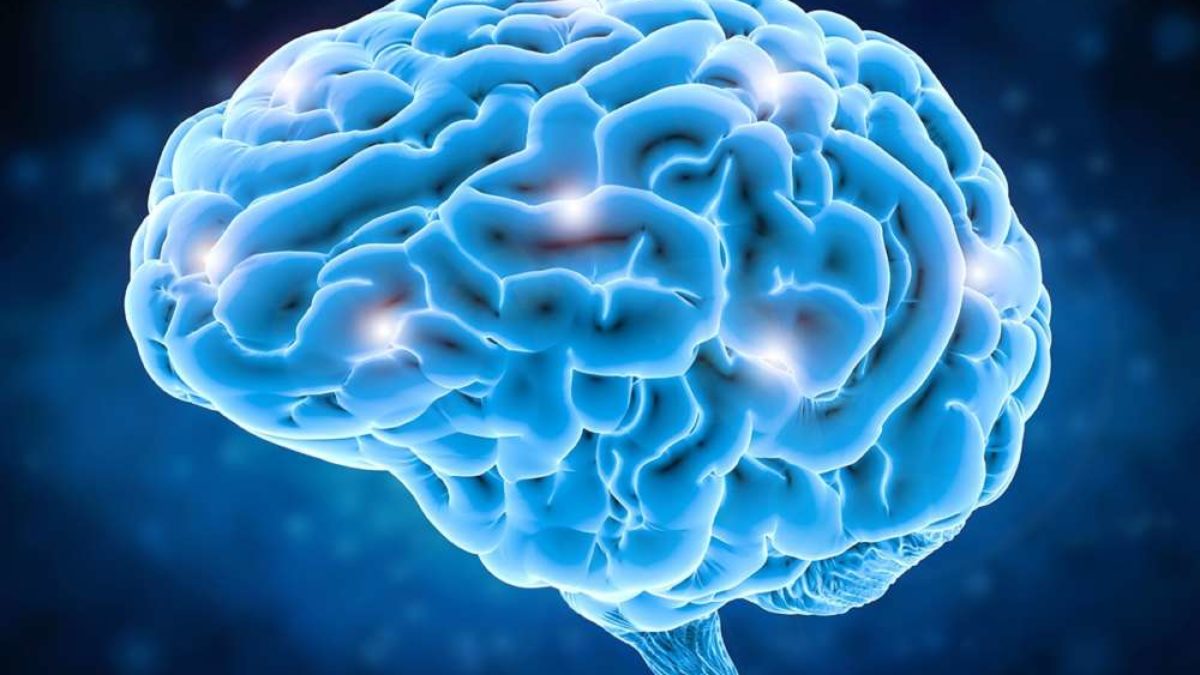World brain tumour day is observed on 8th of June every year since 2000. This day first observed by German Brain Tumour Association (Deutsche Hirntumorhilfe e.V.). This is a non-profit organisation which raises public awareness and educates people about brain tumour. Malignant brain tumour is very common in Germany as more than 8,000 people suffer from these diseases only in Germany. More than 500 new cases are diagnosed with brain tumour everyday worldwide. Number of patients with tumours that cause brain metastases is even higher than that. This is the most common type of cancer among children.
The incidence and prevalence of brain tumour is growing in India. According to a study on childhood cancer, brain tumour is commonest in girls and even in both sexes in adults although there is some variation amongst states.
Government of India has introduced National Cancer Control Programme with the objectives of prevention, screening, early detection, diagnosis and treatment including palliative care in end stage.
What is Brain Tumour?
Unnecessary growth of cells when body don’t require them is known as cancer. A brain tumour occurs when abnormal cells produce within any part of brain. There are two main types of tumours namely, malignant and benign tumours.
Some Facts about Brain tumour
- Brain tumour can occur at any age.
- The exact cause of brain tumour is not clear.
- The symptoms of brain tumour depend on their size, type, and location.
- The most common type of primary brain tumour among adults are astrocytoma, meningioma, and oligodendroglioma.
- The most common type of primary brain tumours in children are medulloblastoma, grade I or II astrocytoma, (or glioma) ependymoma, and brain stem glioma.
- Family history and high dose X-rays are risk factors for brain tumour.
- Brain tumours are diagnosed by the doctor based on the results of a medical history and physical examination and various specialized tests of the brain and nervous system.
- Options for brain tumour treatment include surgery, radiation therapy, and chemotherapy or a combination of treatments.
Symptoms
Symptoms of a brain tumor can be general or specific. A general symptom is caused by the pressure of the tumor on the brain or spinal cord. Specific symptoms are caused when a specific part of the brain is not working well because of the tumor. For many people with a brain tumor, they were diagnosed when they went to the doctor after experiencing a problem, such as a headache or other changes.
General symptoms include:
- Headaches, which may be severe and worsen with activity or in the early morning
- Seizures. People may experience different types of seizures. Certain drugs can help prevent or control them. Motor seizures, also called convulsions, are sudden involuntary movements of a person’s muscles. The different types of seizures and what they look like are listed below:
- Myoclonic
- Single or multiple muscle twitches, jerks, spasms
- Tonic-Clonic (Grand Mal)
- Loss of consciousness and body tone, followed by twitching and relaxing muscles that are called contractions
- Loss of control of body functions, such as loss of bladder control
- May be a short 30-second period of no breathing and a person’s skin may turn a shade of blue, purple, gray, white, or green
- After this type of seizure, a person may be sleepy and experience a headache, confusion, weakness, numbness, and sore muscles.
- Sensory
- Change in sensation, vision, smell, and/or hearing without losing consciousness
- Complex partial
- May cause a loss of awareness or a partial or total loss of consciousness
- May be associated with repetitive, unintentional movements, such as twitching
- Myoclonic
- Personality or memory changes
- Nausea or vomiting
- Fatigue
- Drowsiness
- Sleep problems
- Memory problems
- Changes in ability to walk or perform daily activities
Symptoms that may be specific to the location of the tumor include:
- Pressure or headache near the tumor
- Loss of balance and difficulty with fine motor skills is linked with a tumor in the cerebellum.
- Changes in judgment, including loss of initiative, sluggishness, and muscle weakness or paralysis is associated with a tumor in the frontal lobe of the cerebrum.
- Partial or complete loss of vision is caused by a tumor in the occipital lobe or temporal lobe of the cerebrum.
- Changes in speech, hearing, memory, or emotional state, such as aggressiveness and problems understanding or retrieving words can develop from a tumor in the frontal and temporal lobe of the cerebrum.
- Altered perception of touch or pressure, arm or leg weakness on 1 side of the body, or confusion with left and right sides of the body are linked to a tumor in the frontal or parietal lobe of the cerebrum.
- Inability to look upward can be caused by a pineal gland tumor.
- Lactation, which is the secretion of breast milk, and altered menstrual periods in women, and growth in hands and feet in adults are linked with a pituitary tumor.
- Difficulty swallowing, facial weakness or numbness, or double vision is a symptom of a tumor in the brain stem.
- Vision changes, including loss of part of the vision or double vision can be from a tumor in the temporal lobe, occipital lobe, or brain stem.
Treatment
- Surgery
- Minimally Invasive Scarless Brain Surgery
- Radiation therapy
- Radiosurgery
- Chemotherapy
- Targeted drug therapy
Drugs Approved for Brain Tumor
- Afinitor (Everolimus)
- Afinitor Disperz (Everolimus)
- Avastin (Bevacizumab)
- Bevacizumab
- BiCNU (Carmustine)
- Carmustine
- Carmustine Implant
- Danyelza (Naxitamab-gqgk)
- Everolimus
- Gliadel Wafer (Carmustine Implant)
- Lomustine
- Mvasi (Bevacizumab)
- Naxitamab-gqgk
- Temodar (Temozolomide)
- Temozolomide
- Zirabev (Bevacizumab)





